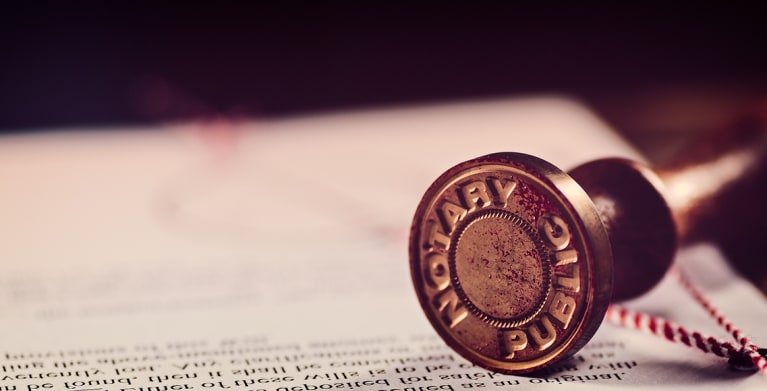DIRCO Laws Demystified: A Guide to Diplomatic Method
Wiki Article
Demystifying Notarial Job: Simplifying the Function and Significance of Notaries
In the complex web of lawful paperwork and confirmation, notaries stand as pillars of assurance and authenticity. Their duty, usually shrouded in enigma for many, lugs substantial weight in making sure the legitimacy and honesty of important documents. As guardians of validity and reality, notaries play a pivotal component in our culture, yet their work is not constantly fully understood. By deciphering the intricacies bordering notarial methods and losing light on the value of their acts, a clearer understanding emerges of the essential role notaries play in upholding the material of lawful and legal arrangements.The History of Notarial Work
The history of notarial job days back to old human beings, where scribes played a vital role in videotaping important info and validating records. This led to the growth of notaries, people designated by the state to act as unbiased witnesses in lawful matters.
During the Center Ages, notaries got prominence in Europe, with their features increasing to include preparing lawful files, certifying signatures, and protecting documents. The rise of worldwide profession even more stressed the relevance of notarial operate in confirming contracts and agreements throughout boundaries.
In the modern-day era, notaries continue to play an important role in legal and company deals by validating identifications, confirming the credibility of files, and avoiding fraudulence. Their role in certifying the legitimacy of contracts adds a layer of protection and depend the ever-evolving landscape of business and regulation.

Tasks and Duties of Notaries
Notaries play a vital role in validating the authenticity of files and the identification of notaries. One of their key obligations is to witness the finalizing of crucial documents, such as actions, wills, and contracts, to make certain that all celebrations are getting in into arrangements knowingly and voluntarily.Moreover, notaries are entrusted with administering affirmations and vows, which are crucial in legal process and the implementation of testimonies. They certify copies of initial papers, supplying guarantee to organizations that the duplicates are real reproductions of the originals. Notaries must maintain accurate documents of all purchases they oversee to make certain openness and accountability. Overall, the duties and duties of notaries are important in guarding the honesty and legitimacy of different records and transactions.
Notarial Certificates and Signatures
Exemplifying thorough interest to detail, notarial certifications and signatures function as important elements in validating the authenticity of lawful documents. Notarial certifications normally contain important details such as the day of registration, the names of the signatures, a description of the document, and the notary's main seal. These certificates provide a clear record of the notarial act, guaranteeing that the file can be easily identified and traced back to the notary that looked after the procedure.Signatures play a crucial role in notarial job, as they symbolize the contract and permission of the celebrations entailed. Notaries very carefully witness the finalizing of papers to verify the identity of the notaries and validate that they are authorizing of their own free will. By attaching their official seal and signature to the file, notaries license that the essential procedures have actually been complied with and that the document is enforceable and legitimate.
Basically, notarial certificates and signatures are the hallmark of authenticity in legal deals, offering assurance to all parties involved that the files are genuine and binding.
Relevance of Notarial Acts
Registration Refine Explained
The registration procedure normally begins with the specific presenting the document to a anonymous notary public. As soon as the identity is verified, the notary makes sure that the private authorizing the document does so willingly and without any type of browbeating.
Verdict

Notarial certificates typically contain essential info such as the date of registration, the names of the signatories, a description of the paper, and the notary's official seal. These certifications give a clear document of the notarial act, making sure that the file can be quickly recognized and traced back to the notary that supervised the process.
By fastening their official seal and signature to the record, notaries license that the necessary treatments have actually been complied with and that the paper is enforceable and valid.
By confirming the identity of the signatories, validating their desire to enter into the agreement, and licensing the day and place of the finalizing, notaries play a vital duty in maintaining the validity of legal documents.After the record is authorized, the notary will affix Full Article their main seal or stamp onto the file.
Report this wiki page